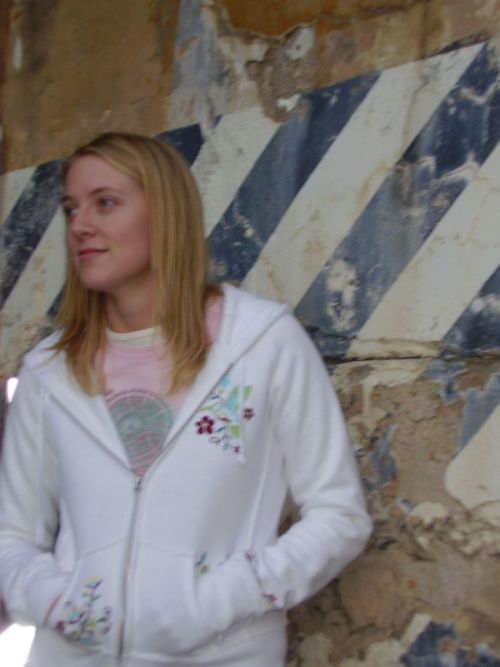Friday, January 06, 2006
Death to Fatalism
It's odd how common the phrase "Que sera, sera" really is among a culture far from the time of Greek rule. Whatever will be, will be. Odd to me because the youth and young adults of this age seem to declare very ardently that they want it their way. So which is it? I am reading a great book right now by Ravi Zacharias, an apologist equalling C.S. Lewis, I would say. It's called Recapture the Wonder. I read a chapter while at work one day and then decided to buy it. Zacharias writes that "fatalism is the creed of a will that is dying to its possibilities and seeks to drag the imagination with it. Resignation to life as a 'so it is' carved in stone is the cynical response of the one who does not know the grand triumph of the imagination that God has fashioned for us." A Spanish mystic is quoted as saying: "May God deny you peace and give you glory." I don't think finding wonder, the fulfillment of hope in our dreams, the enchantment of our emotions, is as difficult as we make it out to be but there is certainly a cost. The cost is not denying ourselves of our dreams. I am reminded of Lewis' argument in Screwtape. If we forsake the things we enjoy only to do the right thing then the enemy has a hand on us for we've lost a part of our heart to him. Eventually "doing the right thing" grows boring to us and we've mistaken that for who God is. Thus God is boring to us. Zacharias makes a similar argument. Wonder in life restores an eternal enchantment to our senses without forsaking reason. I think having a fatalistic mindset is as tragic as forsaking a dream. Jesus said that the violent take the kingdom by force, did He not? Who is the ruler of circumstances and death and disease on this earth? Why would letting be what will be turn out any other way than according to the enemy's design? As Christians we're given tools to access eternal resources and wisdom. But such precious jewels will only be found once we cut through the waste and distraction. I suppose I might just see things a little differently sometimes. I imagine that if I had to go to war for the sake of a city, those that hide themselves in the city would probably have an attitude much like the fatalists. If we lost, they would die at the hands of their enemy or live under oppression. If we won, they would eventually die anyway and not having fought at all they will never know what it meant to risk their lives for something greater than themselves. I would know at least a taste of true freedom, a freedom from the fear of destruction, and if I survived, having attuned my heart to the revelation of that wonder, I could thereafter recognize and receive any more to come.
Subscribe to:
Post Comments (Atom)



No comments:
Post a Comment